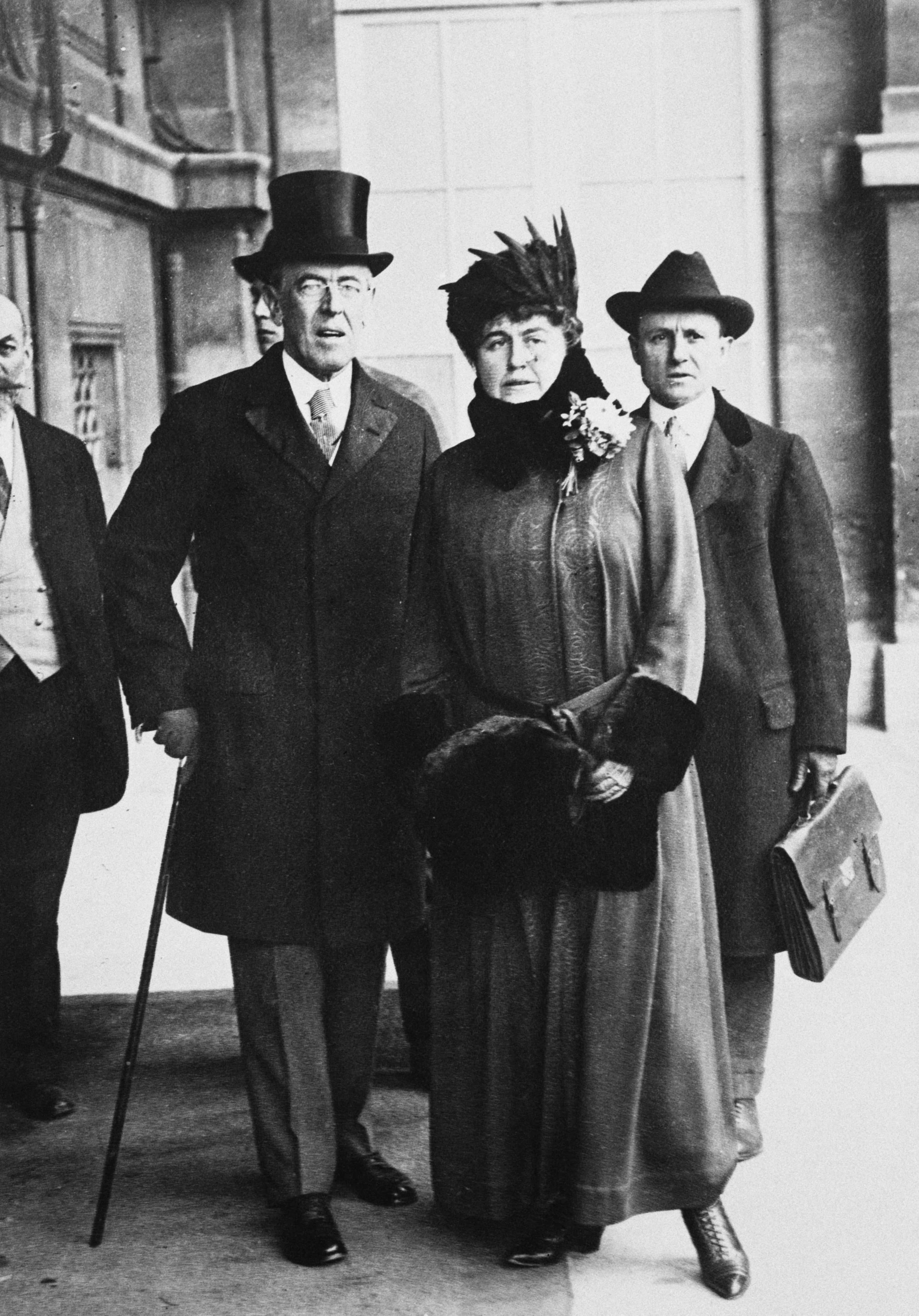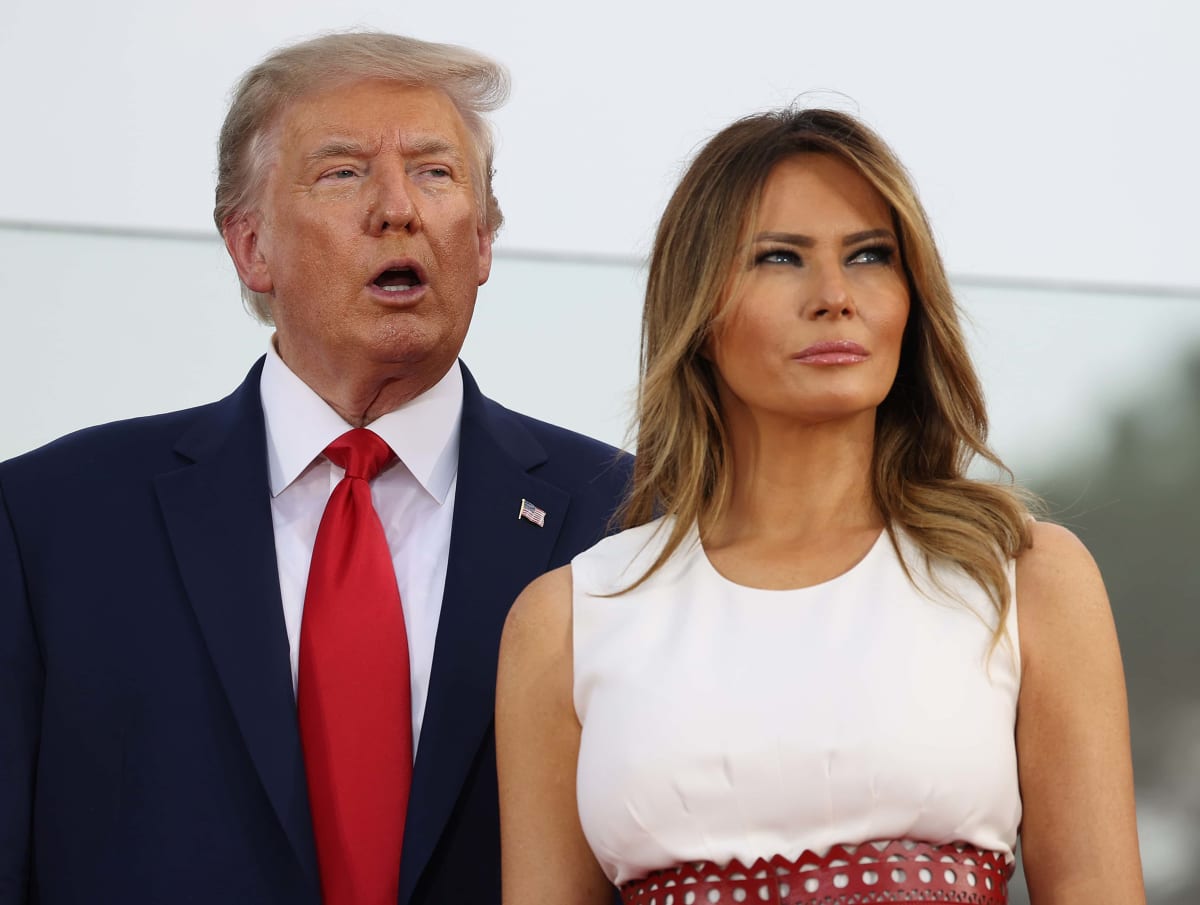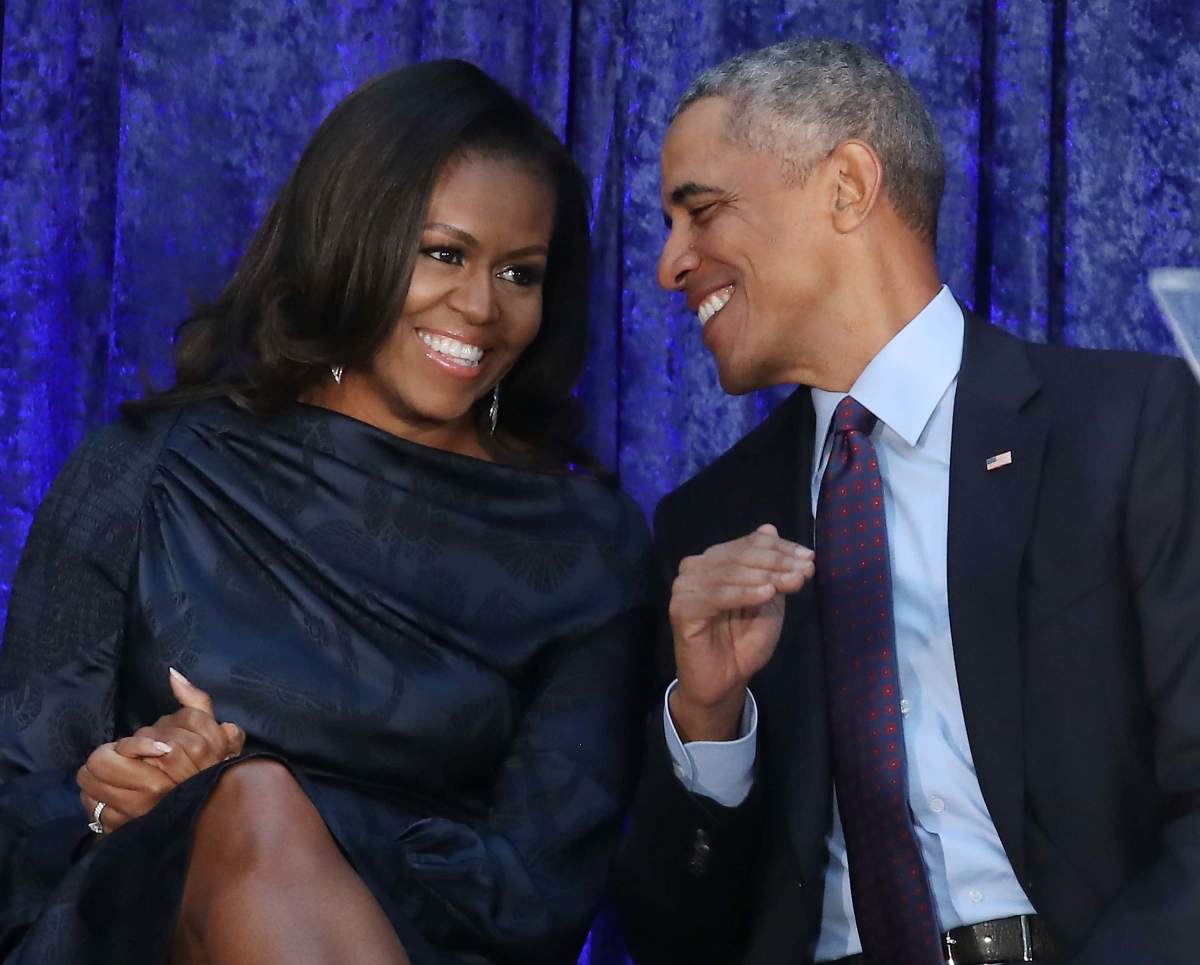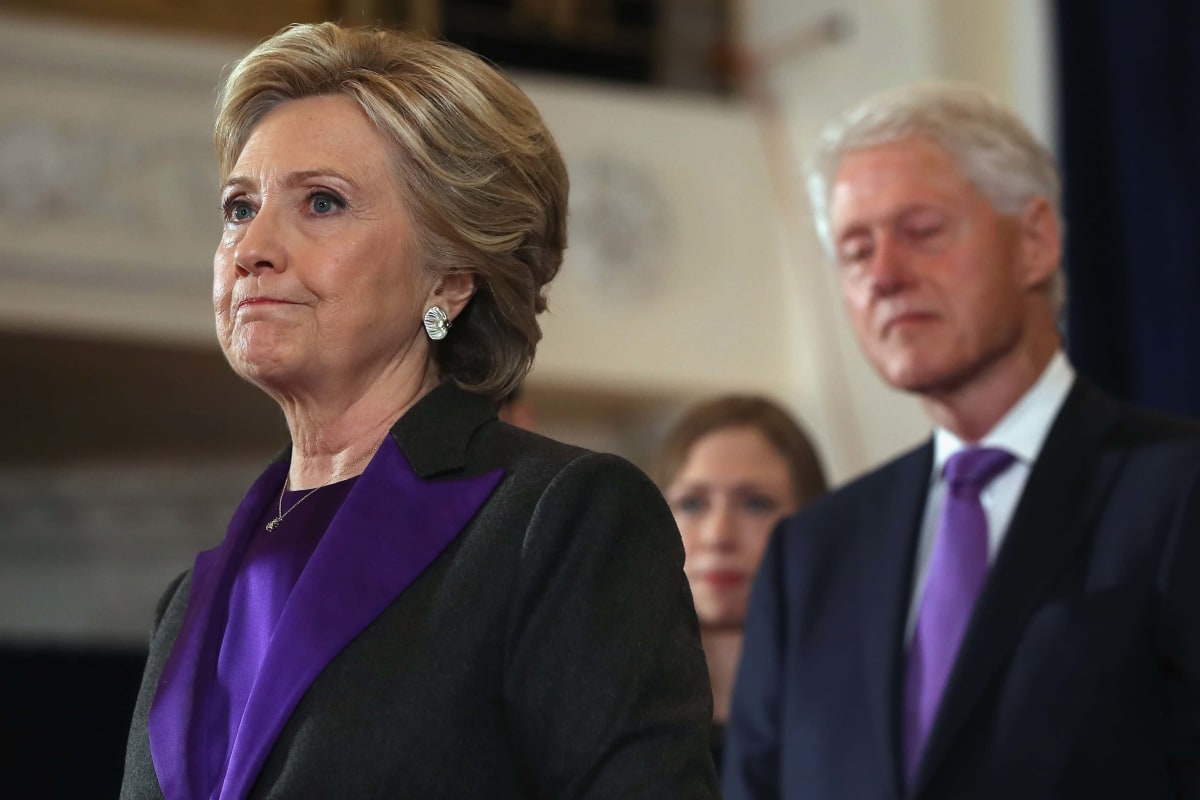From Hillary Clinton and Michelle Obama to Melania Trump, how 'apolitical' first ladies influenced policy

Since first ladies are not elected to the White House and neither do they get paid a salary, it is often easy to dismiss their role as nonconsequential. But history will show that the FLOTUS in the White House can not only influence lifestyle trends but also the political decisions of their husbands.
According to Smithsonian Institution Traveling Exhibition Services, "Americans expect the first lady to be a symbol of home, family, and womanhood — although the meaning of those ideals changes with every generation. She is also a political partner, from the campaign trail to White House receptions. While some first ladies support the presidency behind the scenes; others use their title to effect change in their own right. But too much independence brings criticism that she is arrogant, power-hungry, or unladylike. Whether remembered through history books or viewed as contemporaries, the women of the White House remain of interest long after they leave Washington."
READ MORE
The highly symbolic nature of a first lady's job has been utilized by many iconic women in the past to develop a synergy with the president's political goals or even using their spouse's time in office to ultimately create their own, separate sphere of influence.
Filling in for their husbands
Sometimes first ladies have had to actively step up in times of crises to make up for any perceived deficits in their husbands, be it a personality flaw or a physical ailment. In those circumstances, the FLOTUS becomes much more than a pretty figure standing beside American leaders.

For example, former first lady Dolley Madison compensated for ex-President James Madison's introverted nature, at social events. She also used her social talents to attain bipartisan support in the 1800s. She also courageously stayed behind when her husband fled Washington to command American troops at a time when the British marched on the capital during the War of 1812. She only left after treasures like Gilbert Stuart's famous painting of George Washington had been safely removed.
In 1919, President Woodrow Wilson was bedridden following a stroke. Prior to the 25th Amendment's adoption in 1965, there was no essential mechanism that existed for the succession of a president in case he is incapacitated. So Edith Wilson is said to have run the White House, secretly making decisions for a year and a half. From the time of Franklin Roosevelt's paralysis from a bout of polio in 1921, his wife Eleanor served as his "legs." She traveled around the nation and world on FDR's behalf.
Pulling strings behind the scenes
First ladies have also acted as secret puppeteers behind the scenes at times. For example, Nancy Reagan is said to have wanted Ronald Reagan to fire his chief of staff Donald Regan in 1987 before he ultimately resigned. And in 2018, Melania Trump publicly called for deputy national security adviser Mira Ricardel to be dismissed.

“Melania Trump had a top national security adviser fired in her husband's administration because she didn't like the way her staff was treated on a foreign trip by this adviser. So, they can also determine who's around the president,” says presidential historian Kate Andersen Brower, author of 'First Women' VOA News reported. “Nancy Reagan was really the human resources department for her husband. She decided who would be in and who was out,” she added, making a comparison.
Even Hillary Clinton enjoyed quite a bit of pull when it comes to her husband's policy-making. She made a quiet suggestion to her husband in the year that Bill Clinton was trying to push health care reform through Congress. “She's one of the reasons why Ruth Bader Ginsburg was on the Supreme Court,” Brower said. “She told her husband that she thought she would make an excellent Supreme Court justice.”
As a result, private conversations between first ladies and their spouses can have a huge impact on the country. “These women are really strong. I think that they're constantly underestimated, and I think that's partially because women in our society are often underestimated,” Brower said.
“I hope and I think that we are moving in the right direction having Jill Biden as a working woman who can be both things at the same time. She can be a wife, a supporting actor, but also a strong woman.”
Passion projects

All modern first ladies are known to work on projects of their own, which they are passionate about. Michelle Obama lobbied for healthier food in schools with her 'Let’s Move' campaign and Melania Trump’s 'Be Best' initiative shone a spotlight on the vaping crisis and cyberbullying. Nancy Reagan had her “just say no” to drugs. These campaigns are consequential as they often end up making it to the Congress floor.
When President Joe Biden took office this year, Jill Biden, the present first lady was reportedly not concerned with having a catchy project to work on or having just one platform as her predecessors did. Instead, she had indicated that she wants to focus on military families, cancer research, free community college, and education in general. These are the general areas that hold her interest and what she wants to continue her work on as the first lady. But which of those causes lead the pack is not one of her big concerns.
“The White House depends so much on their unpaid and unofficial status,” Lauren A Wright told the website HowStuffWorks. The author of 'On Behalf of the President: Presidential Spouses and White House Communications Strategy Today', added: “There’s an advantage to that, to be able to leverage this person who seems like they’re apolitical, not vested in political outcomes.”
Official roles can backfire

In the past, a first lady has sometimes assumed official roles in the president’s administration. During Bill Clinton's administration, Hillary Clinton was given the role as chair of the Task Force on National Health Care Reform in 1993. She became an advocate for expanding health insurance coverage and even wrote a weekly newspaper column.
At the beginning of the 42nd president's term in office, Hillary assumed a full policy partnership, something that Bill had hinted toward when he declared during the 1992 campaign that voters would acquire "two for the price of one" if he and Hillary moved into the White House. The argument was that Hillary had accepted policy leadership on education and child welfare issues during his Arkansas governorship, so she qualified for an equal role during his presidency.
However, Hillary's leadership of health care reform came under criticism after the initiative failed to pass. Following the failure, Hillary returned to more traditional first lady duties, supporting women's rights around the world and advocating for children's welfare, leaving official policy-making decisions to her husband.










